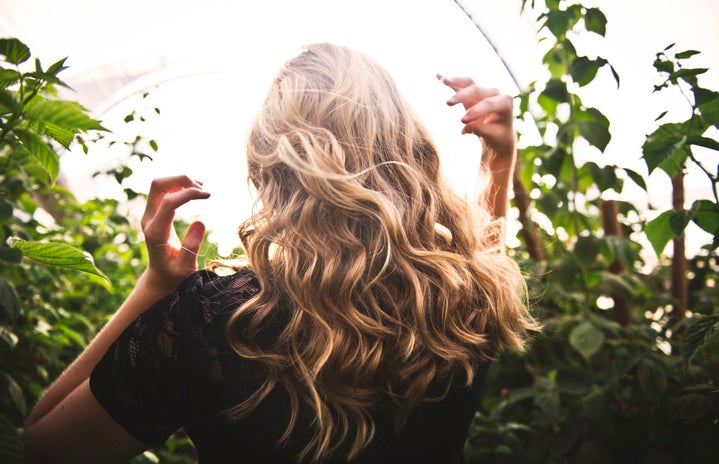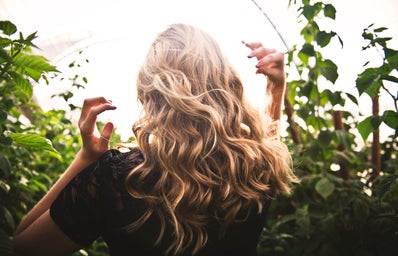For centuries, women with blonde hair have been portrayed as more desirable and less intelligent than their brunette counterparts. Movies and other pop culture have reinforced this stereotype that continues to persist in our modern society. Now, I know that this is by far not the most harmful or offensive stereotype that women face, but as someone who has had blonde hair her entire life, you get a little sick and tired of being the punchline of stale “dumb blonde” jokes.
It is believed that the notion of “dumb blondes” emerges from the 18th-century play Les Curiosités de la Foire, which was based on the iconic French courtesan Rosalie Duthé. She was known for her habit of taking a long pause before she spoke, making her appear and often leading people to believe that she was in fact, dumb.
Fast forward to 1925 when Anita Loos published the novel “Gentlemen Prefer Blondes,” which became a musical film featuring Marilyn Monroe and Jane Russell in 1953. Monroe plays the role of Lorelei Lee, a blonde, gold-digging showgirl with a diamond obsession, while Russell plays Lorelei’s best friend Dorothy Shaw, a brunette showgirl whose idea of love doesn’t revolve around money. The apparent gap between the intended and interpreted level of intelligence between these characters hits the nail on the head in terms of representing the stereotype.

When it comes to gentlemen preferring blondes, Alfred Hitchcock is the name to remember. He is infamous for preferring to cast blonde actresses as opposed to those with other hair colors. Hitchcock compared them to “virgin snow,” ultimately coining the term “Hitchcock blonde,” which refers to his image of a perfect woman.
Hitchcock isn’t the only male that feeds into the “dumb blonde” stereotype. Those “dumb blonde” jokes that I referenced earlier are found significantly funnier to men than to women, this is most likely due to the fact that these jokes typically target females rather than males. Besides yellow-haired women being the butt of the joke, this type of joke is often criticized as sexist because of the sexual humor and promiscuous connotations implicated within.

Fortunately, the presence of this stereotype is gradually fading from society and we are actually beginning to see blonde women portrayed in a positive manner throughout television and media with the most legendary example being the film “Legally Blonde.” Elle Woods defies the odds of society, invalidates the stereotype and proves her boyfriend wrong by transforming from a typical sorority girl into a Harvard Law School student, justifying that blondes can have brains too.
More recently, the 2019 film “Bombshell” depicts not just one but three blonde women in power positions. Megyn Kelly, Gretchen Carlson and Kayla Pospisil are all female employees at Fox News who have experienced sexual harassment from their CEO Roger Ailes. Throughout the film, these women work to undermine and expose Ailes, asserting their overlooked capabilities and dominance in the workplace. Similar to “dumb blonde,” the “blonde bombshell” is another subcategory of the overall stereotype. The concept “blonde bombshell” objectifies females and focuses on the sex appeal aspect. Therefore, “Bombshell” is a very fitting title for the film since Ailes views these women as sex symbols rather than well respected individuals and employees. Even better, this film was inspired by real events, which demonstrates that authoritative males find blonde women desirable and are willing to take advantage of them based on the appearance and implications that come along with their hair color.

This stereotype is often disregarded by people who don’t have blonde hair themselves. So many stereotypes are present in our society nowadays that smaller-scale ones such as this are forgotten even though they are still important. Hair color is one way that we as individuals can express ourselves and although the blonde stereotype is less of a problem than it was centuries ago, it is still prevalent and must be brought to an end.
And for the last time, NO, I AM NOT HAVING A BLONDE MOMENT.



